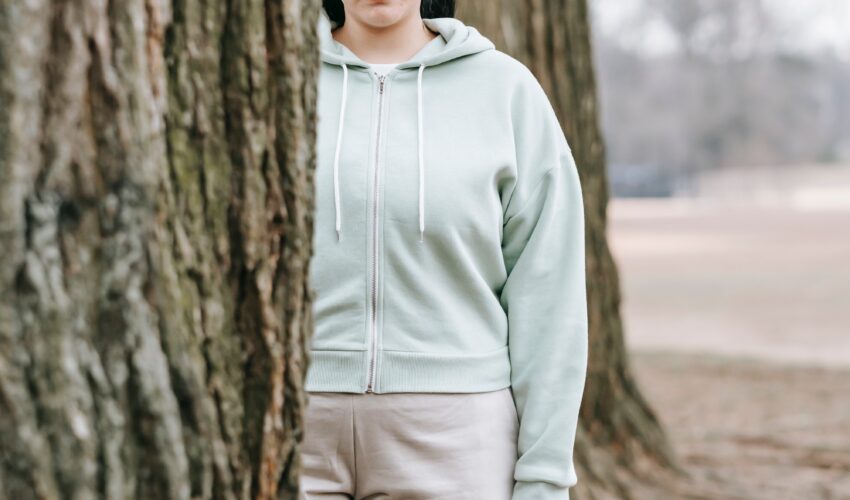Some of the happiest people I have ever known lived in trailer parks and barely got by financially. Happiness is an inside job that many of us aren’t including on our emotional resumes.
We believe events impact emotions, when it is actually the thoughts we have about those events that impact our emotions. Our bodies are then impacted by our thoughts about the event, not the event itself. I have been known to drop a bag of Skinny Pop and have a meltdown, not because it was my last food source but because I would launch into thoughts like, “All I wanted today was one bag of popcorn and now that is ruined. My life is falling apart.” That was the thought that dragged me down, not the popcorn hitting the floor.
It happens to all of us. Let’s say that a local restaurant closes. One person might see that as an opportunity for their new business, a great chance to introduce some new cuisine in the local area. That gets them excited and makes them feel hopeful. Another person loved the food at the closing restaurant, and although the owners are retiring and living their dream, this person ties the closing to the deterioration of their neighborhood and goes into a funk over it.
Same event, two different stories. And two different emotions experienced by two different bodies. Maybe we need to start paying attention to how something feels to our body, and work from there. For example, I have a morose practice of seeing a beautiful tree (feels good) and then thinking “That tree is going to be cut down some day to make room for a stupid strip mall (feels bad.). My chest tenses up, and my breathing escalates. In that moment, I’m stressing myself out instead of enjoying the tree.
I’m learning to let that thought go by, and think, “That tree is beautiful, and there are millions like it. I am immensely grateful for that tree.” I could even follow up by funding a company that plants hundreds of thousands of trees each year. I can take action.
Once you pay attention to how your thoughts make you feel, go to gratitude. Be thankful. Appreciate something in the moment. Right now, instead of gratitude, we are addicted to anger and fear. We seem to be comfortable, in a weird way, with being afraid. If we wake up and aren’t appropriately scared, we turn on the news to find a good source. We call a friend who has all of the depressing news ready for delivery. We take on someone else’s problem and get furious over it.
Early heart attacks and strokes are showing that we’re not doing our bodies any favor. The stress we are addicted to is slowly killing us. And that stress comes, certainly, from things like plagues and violence. But our individual stress comes from where we let our brain take us.
So give your brain a helping hand, metaphorically, of course. Have a gratitude rage, finding as much in a day for which you can be grateful as possible. Take that fearful thought and say, “Does this apply to me today? Am I running from that bear?” If not, let it go. Go back to gratitude.
We have the responsibility to help others, but that does not mean feeling their fear and anger. It means taking action if we can. If we can’t, our responsibility is to create our own beautiful day that we can share with others. Try it. I already see a tree I’m going to be very grateful for.
As best-selling author and CEO Gary Vaynerchuk says, “7 billion people need to change the conversation of what success looks like. It is not to make a billion dollars, it is to wake up in the morning and actually be in a good mood.”
